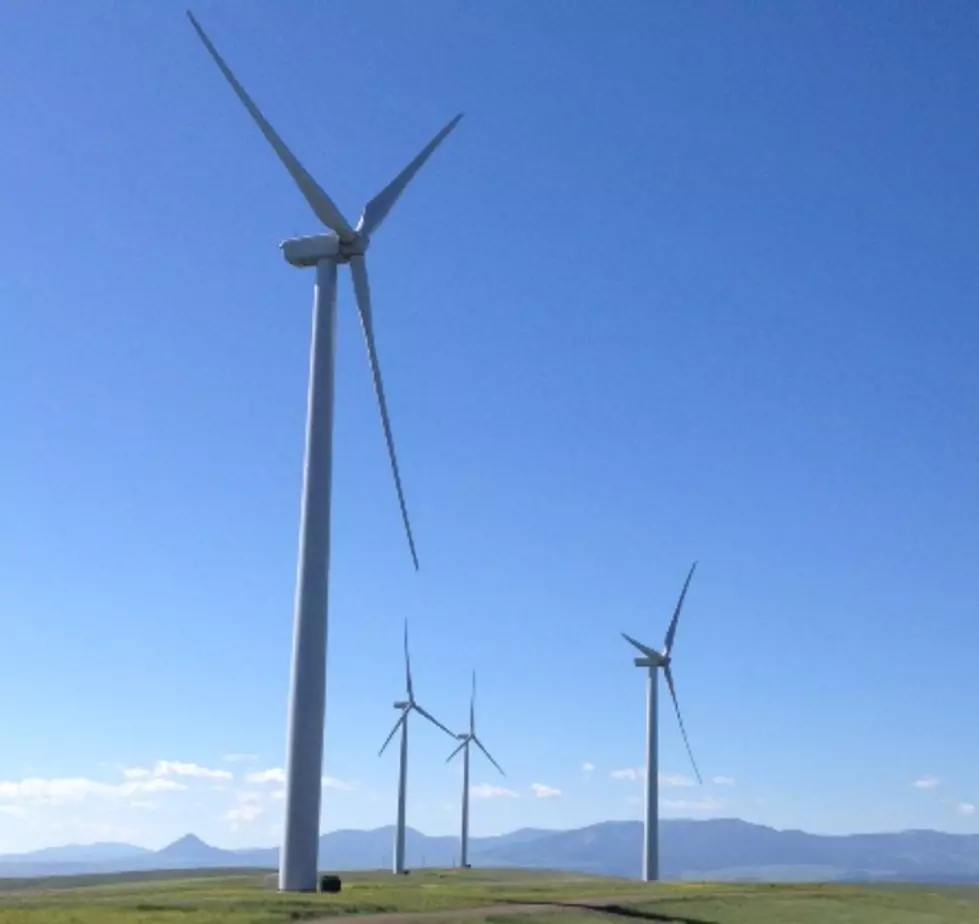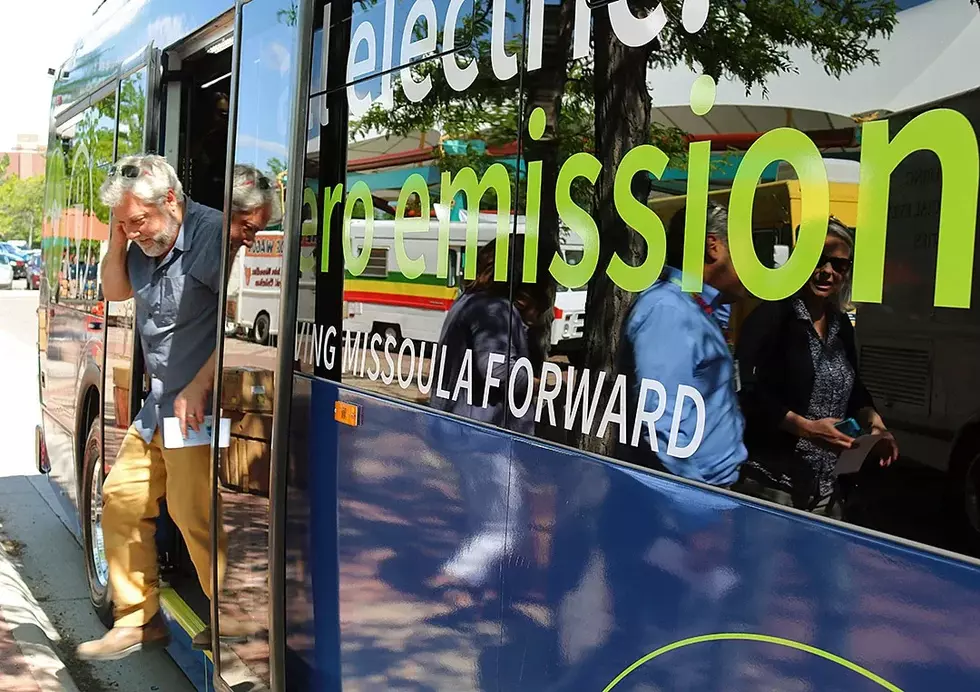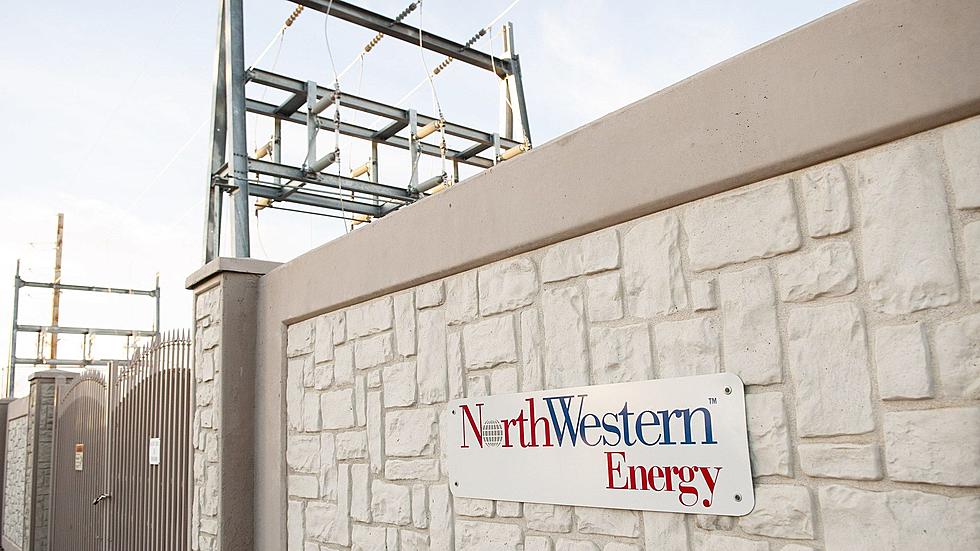
Public Service Commissioner Jennifer Fielder on Power Shortages
After the recent severe cold snap in Montana and the total breakdown of the power grid in Texas, KGVO reached out to Jennifer Fielder, the recently elected Public Service Commissioner for Region 4, which contains Missoula County, for answers to power supply questions.
In Texas, Fielder said that state does not have an entity like the Public Service Commission to help decide power policy, but rather operates in a totally free market system.
“They had a totally free market system that allowed consumers to choose their electric companies and when everything was going great they had very low prices, but when power demand surged, the prices increased due to market forces and some people are really in some difficult positions down there now,” said Fielder.
Fielder said during Montana’s severe cold snap, the state was fortunate that the extra power was available.
“One of the things that we really lucked out about was that when we needed the extra power, it was available because so many other states had their power knocked out,” she said. “I mean, because of the wind storms, a lot of the Puget Sound was in blackout, so we were able to buy up some of that power that otherwise wouldn't have been available to us. So it was pretty tenuous. But Northwestern Energy did a good job of planning and preparing and managing their resources and they had a lot of people working really hard to keep the lights on and the heat on for us.”
The wind plants don't work in extreme wind. They have to actually shut down if the wind is blowing too hard. Literally they wind up too fast and they'll burn up the motors.”
Fielder said the PSC is allowing Northwestern Energy to recoup some of those expenses through increased power bills, but nowhere near the extra costs to consumers in Texas.
“There are going to be rate adjustments that they will request because they are allowed to recoup their expenses for providing the energy or the power to the citizens,” she said. “But it looks to me like we're talking about, maybe for electric three or four percent increase, and for gas in some areas, maybe up to 20 percent.”
About renewable energy, such as wind and solar power, Fielder said it is shortsighted of the new administration to force that technology on the country, primarily when there are still many problems that must be resolved.
“While intermittent energy like wind and solar have their place, advances in those technologies are needed in order for them to be able to produce better,” she said. “We don't have the battery capacity to store that energy for very long. and you know that the wind plants don't work in extreme wind. They have to actually shut down if the wind is blowing too hard. Literally they wind too fast and they'll burn up the motors.”
Find out more about the Montana Public Service Commission here.
TIPS: Here's how you can prepare for power outages
More From Newstalk KGVO 1290 AM & 98.3 FM









